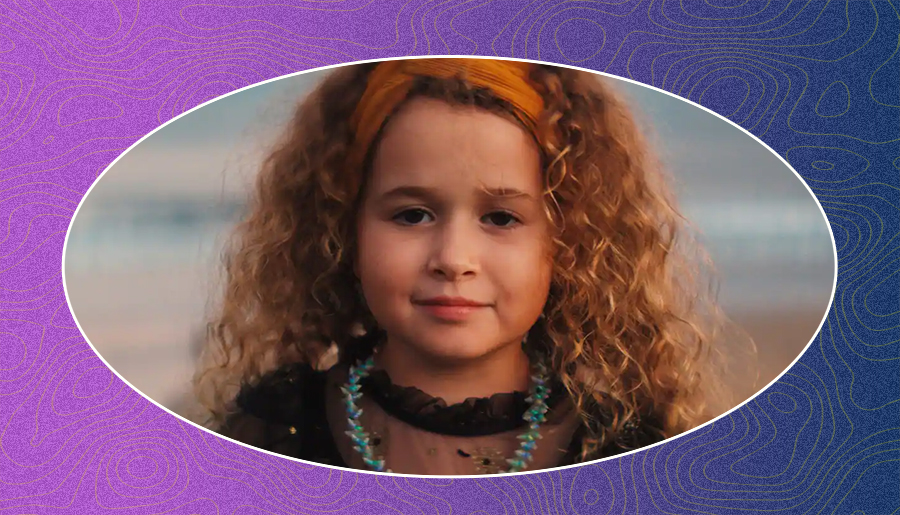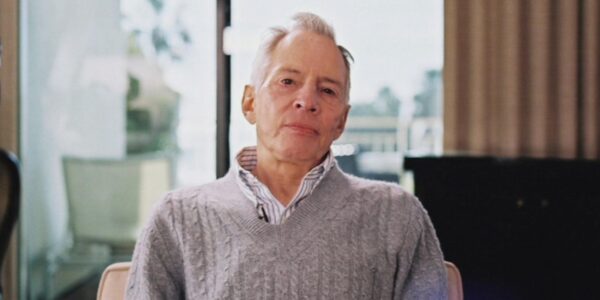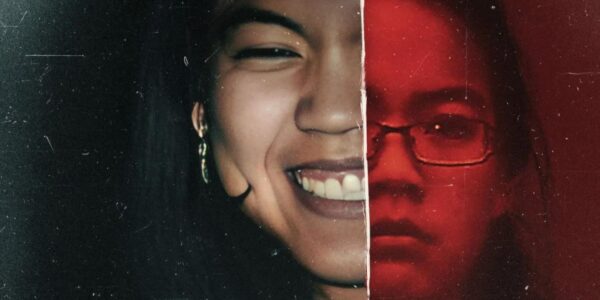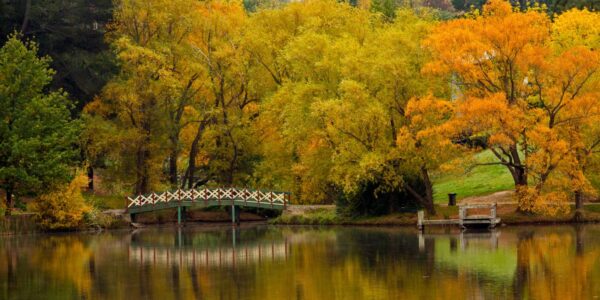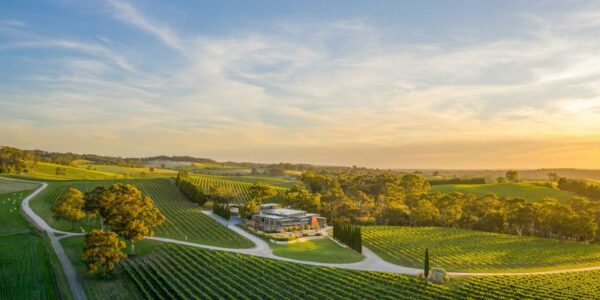Welcome to Dig Deeper, a content series allowing you to dive as deep as you like into topics that are underserved in the current media landscape but need and deserve more coverage and attention.
Its purpose is to shed light on important community-based issues facing minority groups. To start with, we’re having honest and open conversations around January 26, the national mood and changing the date.
Warning: This article deals with the topic of targeted violence against groups and may be triggering for some readers.
The debate around why Australia Day’s date should be changed has been going on for a super long time. So long, in fact, that we’re probably all aware of just why January 26 is a trash time to celebrate this nation.
However, there is a lot of depth and nuance to the Change the Date position that cannot fit into a single article. Fortunately, there are heaps of documentaries that tackle these nuances with empathy and grace.
Want to know what these documentaries are? No sweat. Here are the best Australia Day docos from which you might learn some A+ facts.
‘What Is Australia Day?’
If you want a punchy four-minute documentary that unpacks the current January 26 discourse, then you should engage with What is Australia Day? In this film, eight-year-old Adrita Akash describes Australia Day as different coloured pencils and takes us on a journey of what January 26 means to different people.
“In just four minutes and 22 seconds, we expose the wound of Australia’s bleeding heart,” said the film’s director, Raymond Salomonn. “When the nation celebrates its birth in the shadow of centuries of murder and mistreatment, emptiness descends on our conscience. Our dreams of nation-building cannot be achieved by celebrating the imperial theft of Australia.”
The link to this documentary is here.
Related: What is National Sorry Day?
Related: “History Is Calling, Let’s Get This Done” — It’s Time for a First Nations Voice in Parliament
‘The Land We’re On With Penelope Towney’
Here’s another excellent short documentary hosted by a very talented child. In this film, Penelope Towney performs an Acknowledgement of Country for the Dharawal and Yuin Nations, unpacks her connection to the Wiradjuri Nation, and dives into why respecting these traditions is so important.
“Our old people did not mark their country barriers with fences,” said Towney. “They used trees, rivers, creeks, and other natural makers.”
“Before entering onto another nation’s land, we might have camped out alongside the border waiting to be welcomed, and then acknowledged that Country and its Traditional Owners in return.”
Towney also said, “For my people, Welcome to Country and Acknowledgement of Country are displays of mutual respect, which is why we still practise them today.”
While this film doesn’t explicitly say the words ‘Australia Day,’ it does emphasise the connection to the land that the British tried to rob First Nations peoples of. It demonstrates why respecting the wishes of Aboriginal Peoples and cultures is so important.
The link to this documentary is right here.
‘First Australians’
Now, if you want a doco that’s on the longer side, then First Australians should be right up your alley. In this seven-part, seven-hour series, First Australians documents everything from the First Fleet arriving in Sydney to Eddie Koiki Mabo’s legal challenge in 1993.
Sophia Sambono, a former curator for the National Film and Sound Archive of Australia, said of the program, “This compelling series subtly weaves epic Indigenous history through a focus on individual experience. Its sweeping and stunning images of the beaches, bays, and bush where key events took place, enliven the stories and tie them to the present day.”
“The entire series was made with respect, honouring the people who witnessed tragic events and to whom these experiences belong. The producers gained the permission of between 200 and 300 people for rights of stories, photographs, and other material used in the series.”
Unfortunately, this documentary first dropped in 2008 and is now slept on. It deserves to be popular, it deserves to be a cornerstone of our 2023 Australia Day discourse. This series should be on every single TV this summer.
The link to this documentary series is here.
If this article brings up any issues for you or anyone you know, or you have experienced targeted violence, please contact Lifeline (13 11 14), Kids Helpline (1800 55 1800), both of which provide trained counsellors you can talk with 24/7. If you are in immediate danger, call 000.
Read more stories from The Latch and subscribe to our email newsletter.


